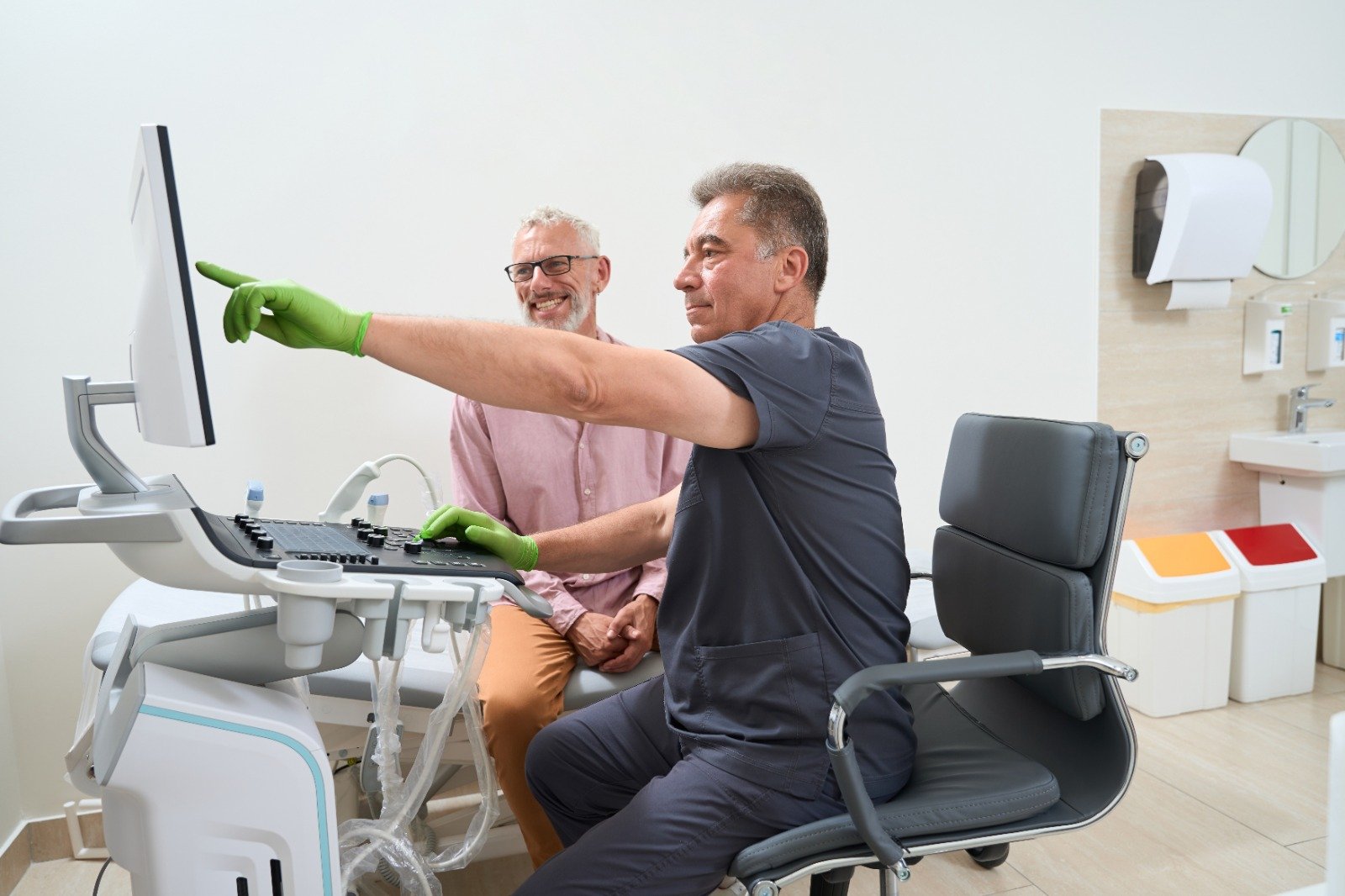
For the transgender community, fighting addiction often means confronting a unique set of challenges that can affect the journey to recovery. Traditional addiction treatment programs may not adequately address or understand the specific experiences of transgender individuals. Recognizing the importance of specialized care, an increasing number of treatment facilities are developing programs that center on the needs of transgender patients. Such programs provide not just addiction treatment, but also an environment of support and affirmation. Keep reading to discover how transgender-centric addiction treatment can catalyze transformative and lasting change.
Success Stories: The Impact of Transgender-Specific Treatment Approaches
The efficacy of transgender-specific treatment approaches is seen in the success stories of those who have traversed the difficult path of addiction recovery. Personal testimonials highlight the impact of being treated in a space where one’s gender identity is affirmed and integrated into the healing process. Positive outcomes have been reported by individuals who were able to focus on their recovery without the added fear of discrimination.
These treatment programs not only provide addiction relief but also contribute to an improved quality of life. Clients often experience a decrease in mental health issues, an increased sense of self-worth, and a rediscovery of their places in their communities. Facilities that offer a comprehensive approach that caters to the unique needs of transgender individuals help pave the way for these empowering transformations.
For instance, one such success can be attributed to initiatives such as the specialized transgender counseling Los Angeles, which offers residential treatment. These programs often include holistic therapies, job training, and legal support, addressing the many dimensions of well-being that substance abuse can impact.
The Role of Gender-Affirming Care in Substance Abuse Treatment
Gender-affirming care is an essential component of effective substance abuse treatment for transgender individuals. Such care involves recognizing and validating a person’s gender identity and expression as a fundamental part of their overall health. Inclusivity in treatment settings can dramatically increase the comfort and engagement of transgender patients.
For instance, using a patient’s correct pronouns and name can significantly enhance their trust in the care they are receiving. It’s a sign that the facility is a safe space where their identity is respected—a place where they can be honest about the issues contributing to their addiction without fear of judgment.
Furthermore, gender-affirming care often encompasses medical treatments such as hormone therapy, which can be crucial for those dealing with gender dysphoria. Many transgender individuals consider hormone therapy an integral part of their transition and mental well-being. Hence, its availability within addiction treatment programs can offer a holistic approach to recovery, targeting both substance abuse and the aspects of their transition.
Integrating Cultural Competency Into Addiction Programs for Transgender People
Integrating cultural competency into addiction programs means creating an environment where transgender individuals can receive support that is respectful of and responsive to their cultural health beliefs and practices. This involves training staff to be aware of and sensitive to the nuances of transgender experiences and the ways these experiences can intersect with addiction.
Educational programs for staff should discuss the spectrum of gender identities and expressions, as well as the importance of a non-judgmental approach. This could include role-playing exercises to practice potential scenarios, linkhouse such as handling disclosure of gender identity or addressing accidental misgendering. By cultivating an attitude of learning and openness, staff can better support their clients’ needs.
Moreover, this cultural competency extends to the development of treatment protocols that celebrate diversity and are tailored to accommodate a range of transgender experiences. Establishing peer support groups that are specifically for transgender individuals or incorporating discussions on transgender-specific topics can offer additional layers of support and understanding that might otherwise be lacking.
Advocacy and Future Directions for Trans-Inclusive Addiction Services
The future of trans-inclusive addiction services hinges upon continued advocacy and a commitment to expanding access to gender-affirming care. As awareness grows, so too must the implementation of policies and practices that safeguard the rights and well-being of transgender individuals seeking treatment. Advocacy groups and healthcare providers are key players in pushing for these necessary changes.
Research plays a critical role in shaping the future of trans-inclusive services. As we gather more data on the unique needs and outcomes of transgender individuals in addiction treatment, we can further refine these specialized programs. Studies highlighting the effectiveness of such treatments provide persuasive evidence for the allocation of resources toward these initiatives.
Overall, embracing a trans-affirming approach in addiction treatment is not only a matter of specialized care but one of social justice and human dignity. As we recognize the profound impact of such tailored treatments, we must collectively work towards a future where every individual has access to compassionate, effective addiction care.
Read more


